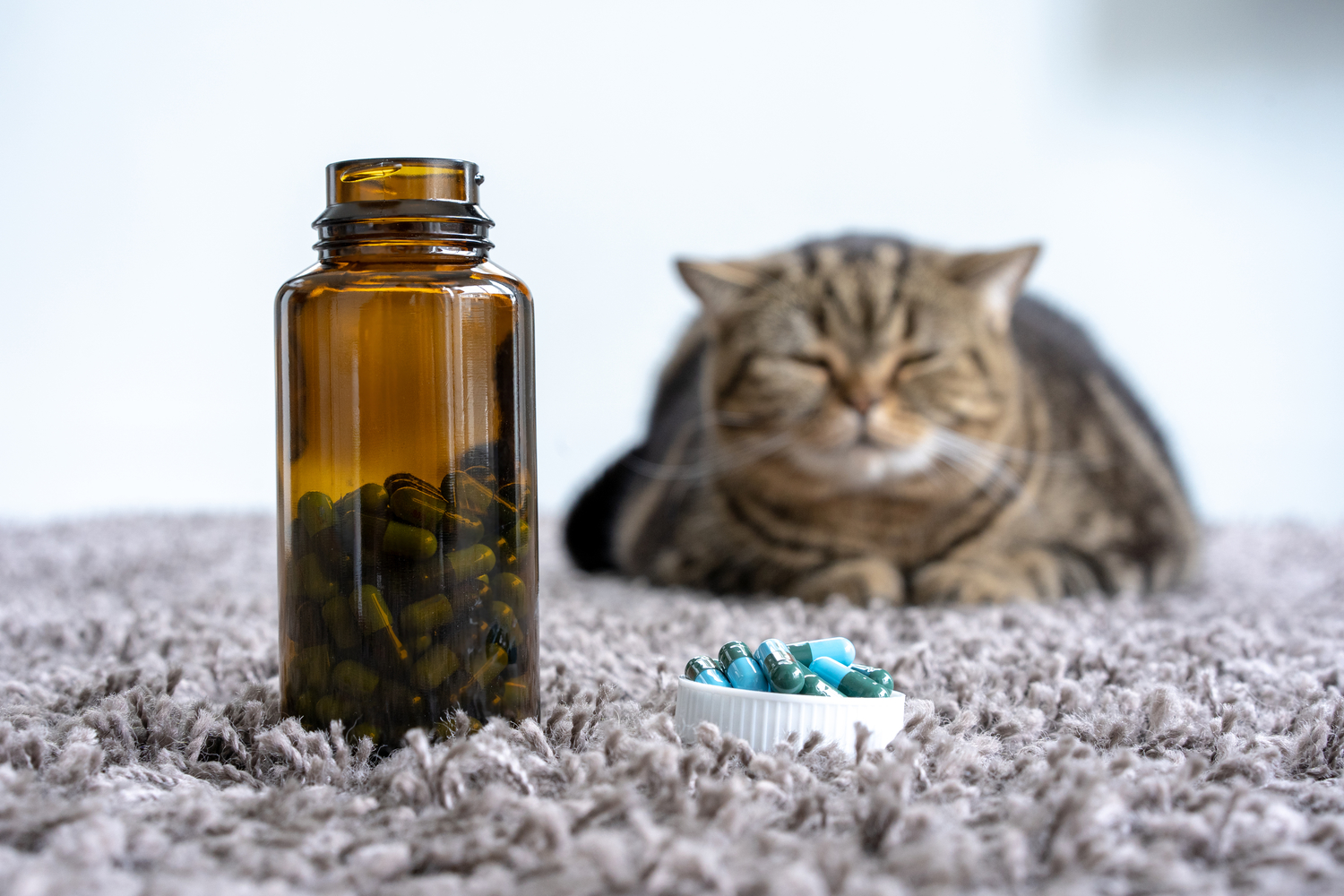
Common Symptoms of Pet Toxicity
It’s essential to be familiar with the typical signs and symptoms of pet toxicity if you have a pet at home. It will allow you to take the right actions in the hour of need. The symptoms of toxicity in dogs or cats vary tremendously depending on the type of toxic substance they have been exposed to. But before discussing the symptoms of pet toxicity, let’s look at some signs that you need to watch out for.
Visible signs of toxicity
As mentioned before, pet toxicity can manifest in a variety of ways. Overall, if you think your pet has been exposed to a toxic substance, you must look out for these visible signs: vomiting, diarrhea, seizures, blood in the stool, lethargy, loss of appetite, bruising, nosebleeds, and inability to urinate. If your pet is suffering from one or more of these problems, you must contact the vet immediately.
Irregular heartbeats
Beyond the more noticeable signals, there are other severe long-term problems associated with pet toxicity. One of them is irregular heartbeats. If your pet comes into contact with a toxic plant or ingests some medications, they may develop an abnormal heart rhythm and cardiac symptoms. Some plants that can be toxic to your pet include oleander, mountain laurel, jimson weed, milkweed, and kalanchoe.
Kidney failure
Antifreeze contains chemicals that can lead to kidney failure in your pets, and their body may lose the ability to produce urine. Antifreeze poisoning can be lethal to your furry companions. Studies have also shown that some common household plants can also cause kidney failure in pets. These toxic plants include philodendron, Easter lily, caladium, pigweed, and dieffenbachia. So, if you have any of these plants in your home or garden, get rid of them immediately.
Stomach problems
If your pet has ingested some toxic substances, it may lead to gastrointestinal problems such as diarrhea, vomiting, and loss of appetite. These toxic substances include lead paint, garbage, or plants like English holly, English ivy, poinsettia, iris, pokeweed, Chinaberry, and daphne. Stomach problems can also occur if a snake bites your pet. Make sure to scour the Internet for a comprehensive list of plants that can be toxic for your pets. This will be very helpful when you’re planning a vacation with your pet to a new place.
Bleeding and anemia
Pets exposed to rat or mouse poison are likely to go through bruising or nosebleeds, or you may notice blood in their stools. Some pets may even develop anemia, a condition that leads to a decreased number of red blood cells, or hemoglobin, or both. However, you must know that pets can also suffer from anemia if they’ve swallowed onion, garlic, sweet clover, or bracken fern in massive amounts. Anemia can sometimes be lethal, so you must contact your vet immediately.
Neurological symptoms
Your pet may suffer from seizures and other neurological symptoms if they have swallowed antidepressants, aspirin, drain cleaners, dishwasher soap, and tobacco. Seizures in pets can also occur if they’ve been bitten by snakes, spiders, toads, or frogs.


